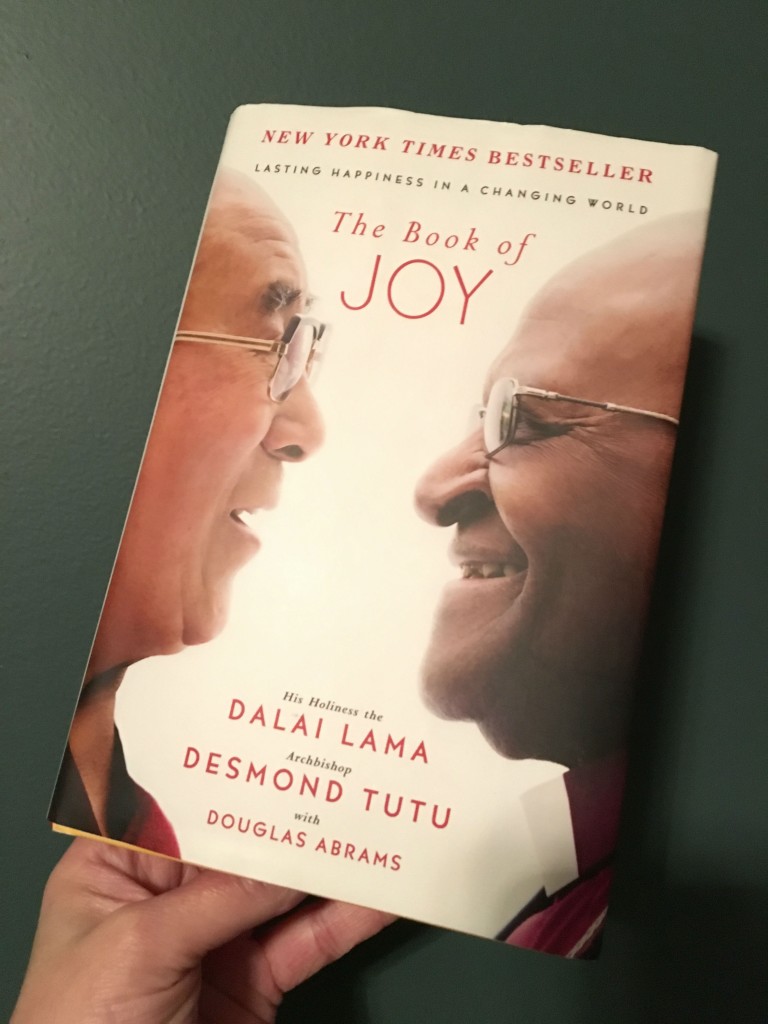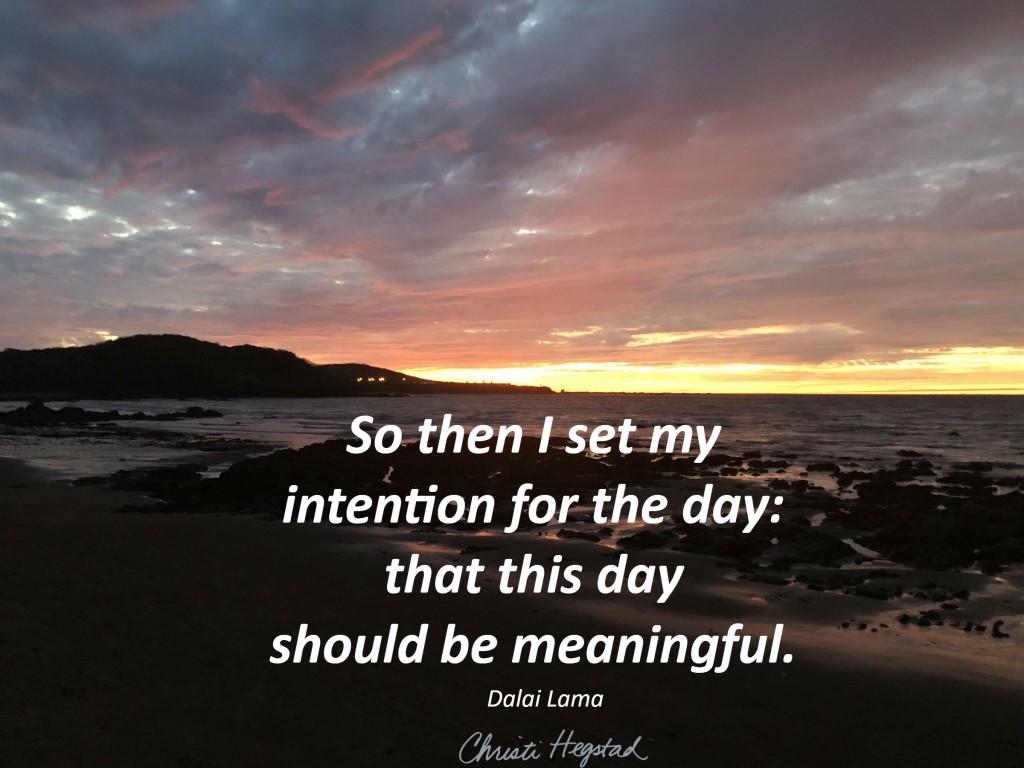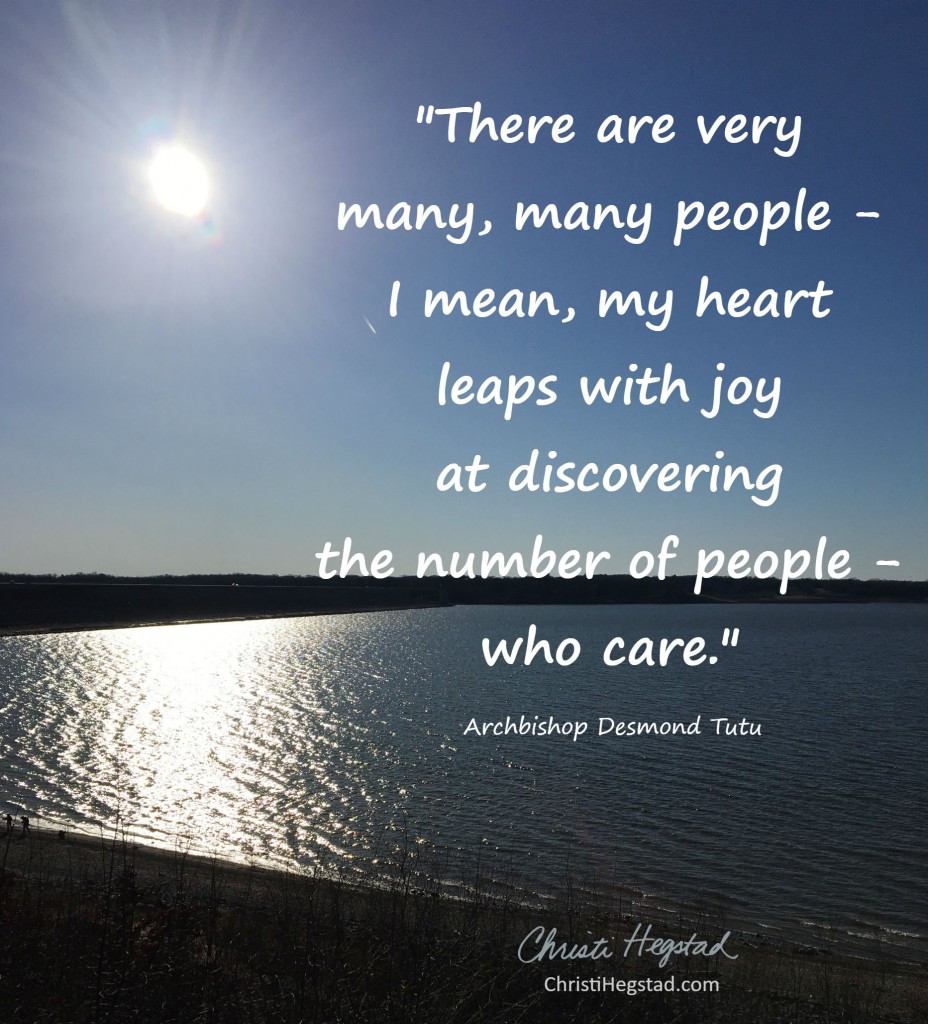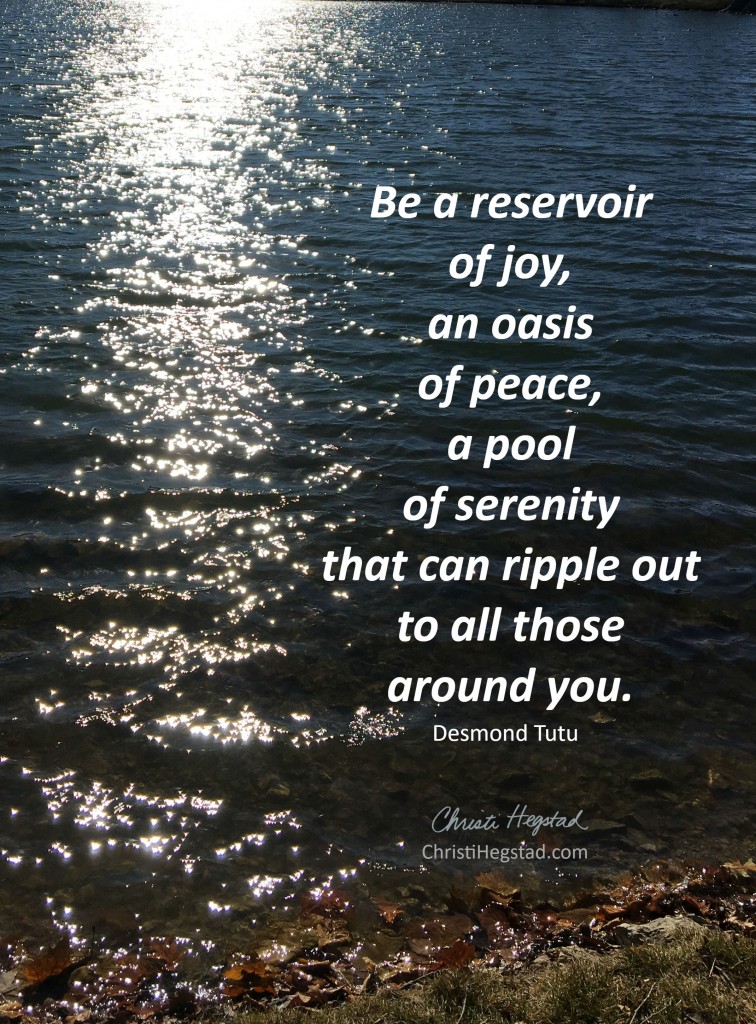Lately I have been experiencing a fair amount of what I call “mental spinning.” I am in the midst of a large and meaningful project, and I seem to have hit a phase with more roadblocks and questions than forward movement and answers. In my head, it goes something like this:
Why is this so difficult?
Are these challenges here to test my resolve – or to tell me I’m going down the wrong path?
That last step didn’t work out as planned. What’s my next one? What if it doesn’t go as planned either?
Shouldn’t this be easier by now?
Am I meant to do this project? Is this project even meant to be done? Is this the right time?
Is it time to scrap my plan and start over?
Where’s my pillow and blankie? I’m exhausted.
What started off with excitement has veered into doubt, uncertainty, and second-guessing. Have you been there?
I have certainly been here before. And while I don’t consider this place fun, I do know from past experience that no matter what, I will learn something.
That knowing calms me a little…but doesn’t necessarily help with the immediate questions. For that, I tend to rely on two things that I want to share today, in hopes that they help you, too.
First, I review the project through the lens of my purpose. Does it align? Will it help me make the difference I am here to make? Are my values being honored, or is something missing? Taking an objective look at the project when filtered through my purpose typically either re-engages my resolve or tells me it’s time to let go.
Then, I ask myself a new question.

Since most mental spinning comes from a place of feeling stuck, the new question needs to emerge from a very different place. I uncovered a game-changer about six years ago, while developing the first Spark event.
At the time, I had quickly learned that pulling off a live public event required a LOT of detail – everything from the content and main objectives to things like timing of breaks, type of snacks, setup of tables, arrangement of centerpieces, special touches that would add value but not detract from the message… Needless to say, I realized I could easily become engulfed in details and lose sight of the big picture if I wasn’t careful.
So I asked myself one question: What would it look like if it all worked out?
What kind of emotion would I see in the participants’ faces? What would I hear them saying throughout the event? How would I feel as I stood on the stage or as I walked through the audience? At the end of the day, what would they tell me, what mindset would they leave with, what would I overhear them telling each other?
When I closed my eyes, I could vividly experience the outcome with all of my senses. It was a VERY different feeling than the mental spinning!
So from that point on, every day before I began working on whatever Spark detail required my attention, I would close my eyes for a moment and envision the event as if everything worked out.
And the most miraculous thing happened: I quit spinning over the details and took intentional, inspired action, plus the actual event turned out like that picture in my mind.
I learned that after a discernment process like this, which can take anywhere from a few minutes to a few days (sometimes even longer), the next right action becomes more clear.

If you feel yourself in mental spinning mode right now, ask yourself what it would look like if it all worked out. Focus on the what, rather than the how (imagine the ‘how’ occurred via magic wand if your mind won’t let it go!). Transcend the details and connect with the bigger picture, and see if that doesn’t direct you to your next inspired action.
As I mentioned, I am in the middle of this right now with a fairly significant project, and I honestly don’t know if my next right action will involve continuing or letting go. Impatient Christi wants the answer yesterday; Voice-Of-Experience Christi (reluctantly) knows pushing will only slow the process. But I do know the answer will come, and there is comfort in that knowing.
I can also tell you with 100% certainty: This morning when I changed my scenery and asked myself the question – What would it look like if it all worked out? – I got very different answers than mere minutes before when I felt stuck in the mire.
Give it a try! Ask yourself this question and see what arises. And let me know if you uncover a new question that helps pull you out of mental spinning and into a place of clear, inspired action.








 That’s it!
That’s it!


 An inspiring, well-written, and beautiful book. I recommend it for leaders, joy seekers, meaningful achievers, and anyone desiring a bit of calm in a storm.
An inspiring, well-written, and beautiful book. I recommend it for leaders, joy seekers, meaningful achievers, and anyone desiring a bit of calm in a storm.